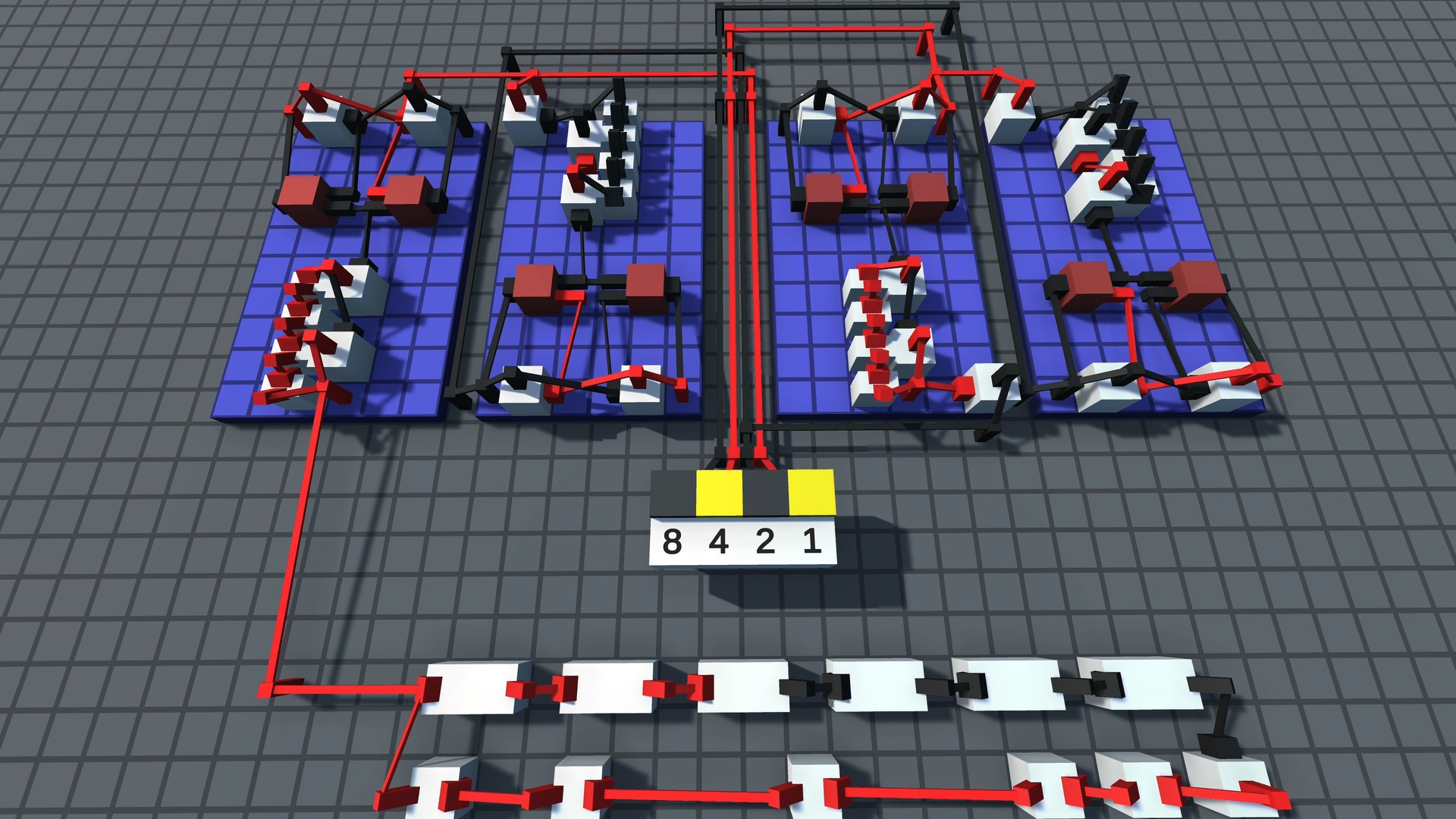

Grants have been awarded totalling over $3M, including Large ARC grants and Templeton grants.

Research intersections between Logic, Metaphysics and the Philosophy of Science and the Sciences are also an important source of grant income and high-profile projects of considerable merit and academic standing. Staff in the field have published over 70 articles, book chapters and books. Over the last decade, members of Philosophy have made significant research contributions in Logic and Philosophy of Science, including work in non-classical logic, causation and quantum physics, the rise of modern science and metaphysics more broadly.

However far you pursue these latter disciplines, questions of general interest remain unanswered – questions about the world, the concepts we use to describe it, and the ways we of reason about it. Like philosophy more generally its boundaries are more open ended than those of disciplines like physics, mathematics, sociology or biology. Logic and the Philosophy of Science examine fundamental issues in formal and informal reasoning, the nature of scientific reasoning, and other issues concerned with scientific method, scientific knowledge, the rise of modern science, the nature of scientific entities and metaphysical concepts that underlie science. Queensland Friends of the Australian Archaeology Institute at Athens (QFAAIA) WIL in Historical and Philosophical InquiryĮngagement Show Engagement sub-navigation Between the time of the Stoics and the revival of logic in 12th-century Europe, the most important logical work was done in the Arab world. The proclamation of World Logic Day by UNESCO, in association with the International Council for Philosophy and Human Sciences (CIPSH), intends to bring the intellectual history, conceptual significance and practical implications of logic to the attention of interdisciplinary science communities and the broader public.Disciplines Show Disciplines sub-navigationįuture Students Show Future Students sub-navigationĬurrent Students Show Current Students sub-navigation Logic, as the investigation on the principles of reasoning, has been studied by many civilizations throughout history and, since its earliest formulations, logic has played an important role in the development of philosophy and the sciences.ĭespite its undeniable relevance to the development of knowledge, sciences and technologies, there is little public awareness on the importance of logic. Phenomenological issues of intentionality, consciousness, qualia, and first-person perspective have been prominent in recent philosophy of mind. According to the classic western tradition, human beings are defined as “rational” or “logical animals”. Phenomenology has been practiced in various guises for centuries, but it came into its own in the early 20th century in the works of Husserl, Heidegger, Sartre, Merleau-Ponty and others. In different cultures, the definition of humanity is associated with concepts such as consciousness, knowledge and reason. The ability to think is one of the most defining features of humankind. The subtitle of The Rise of Mathematical Logic: From Leibniz to Frege, reflects this principle, as does the present volume, Logic From Russell to Church. Office of International Standards and Legal Affairs Stillwell proceeds to the areas of number theory, non-Euclidean geometry, topology, and logic, and peers into the deep chasm between natural number.


 0 kommentar(er)
0 kommentar(er)
